
News

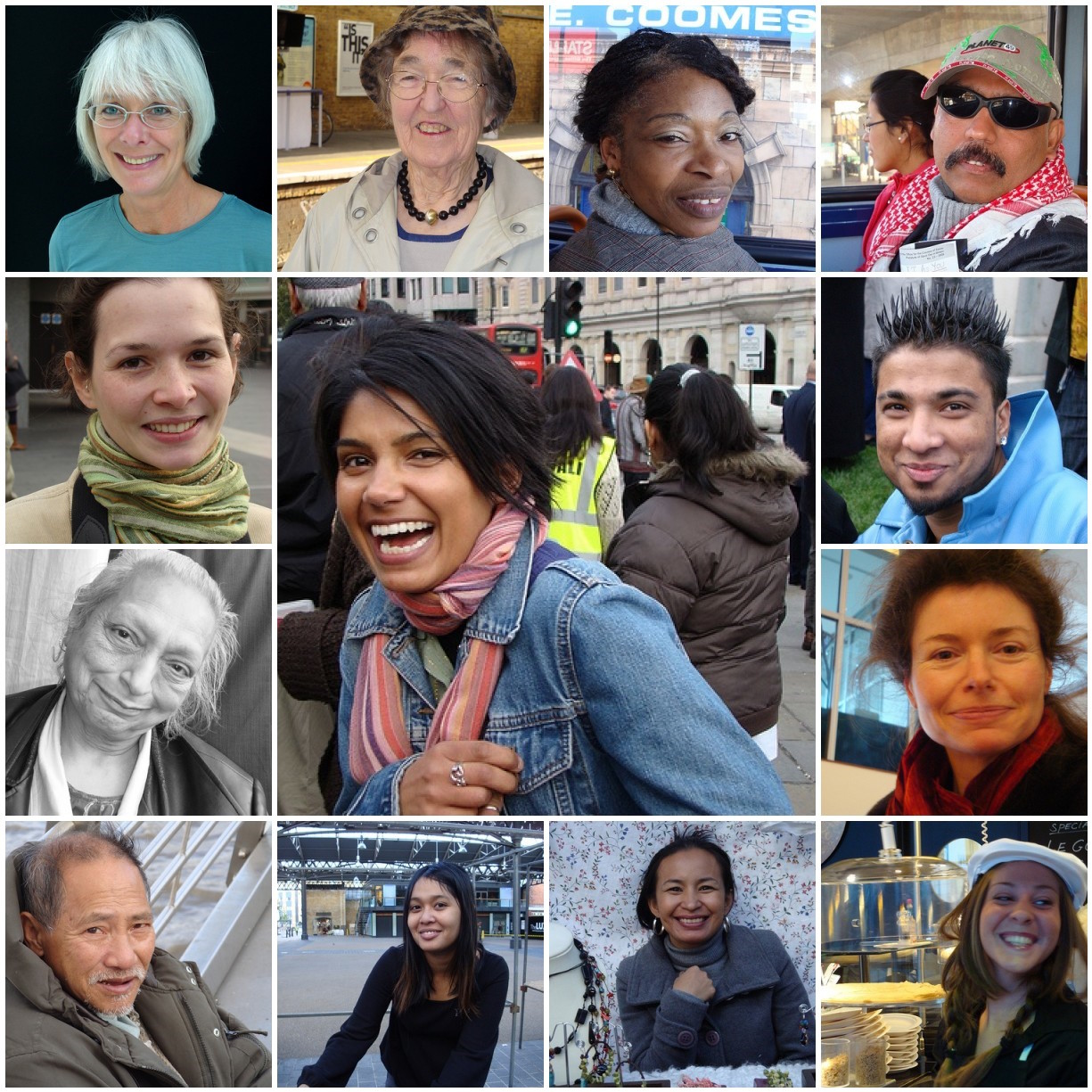
Alex | 2 October 2023
This resource is for: People in small charities who are starting user research and are unsure where to begin. Anyone wanting to understand what is involved in participant recruitment It covers: Where to find user research participants Communicating with participants Incentivising participants By the end of this guide, you will understand how to get started […]
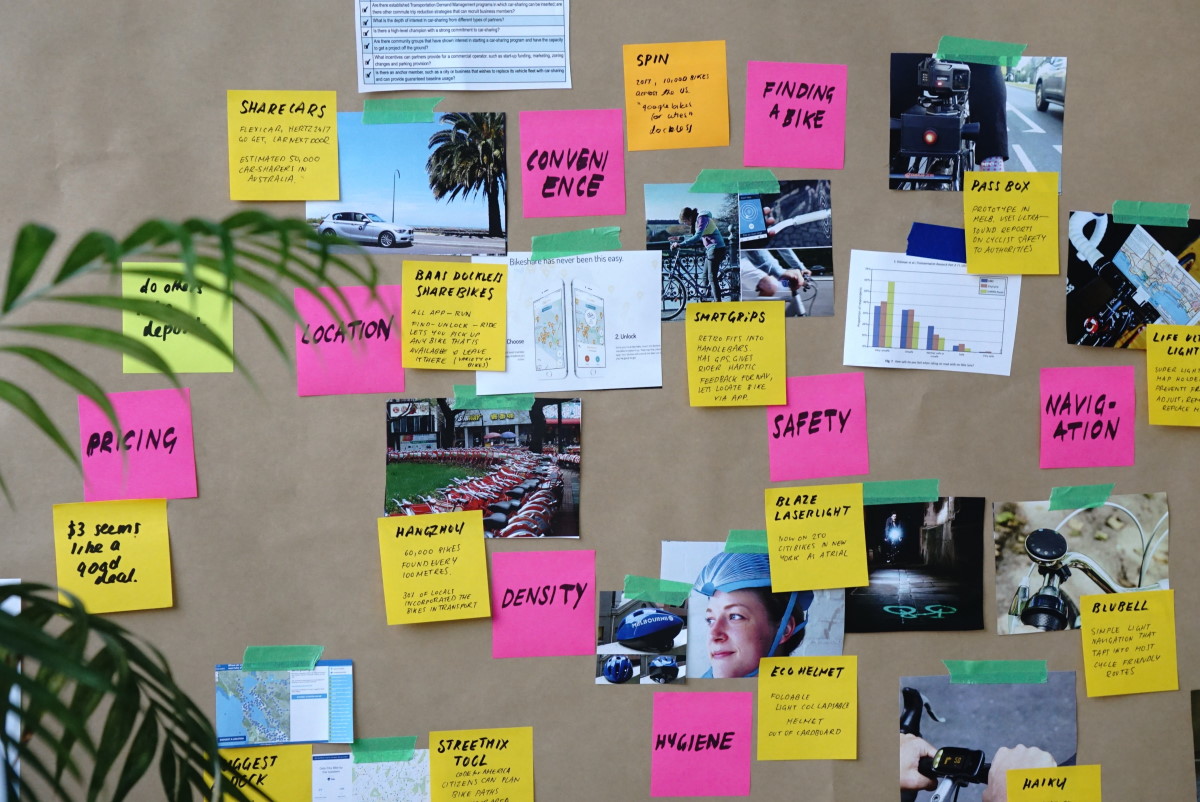
Alex | 2 October 2023
Listening to your users — to their needs, goals, and motivations — is interesting and invaluable. But listening is only the beginning. Once you’ve undertaken user research you need to understand what it means. Synthesising it will help you do this. What is synthesis? Synthesis is a way of processing what you’ve learned and deciding […]
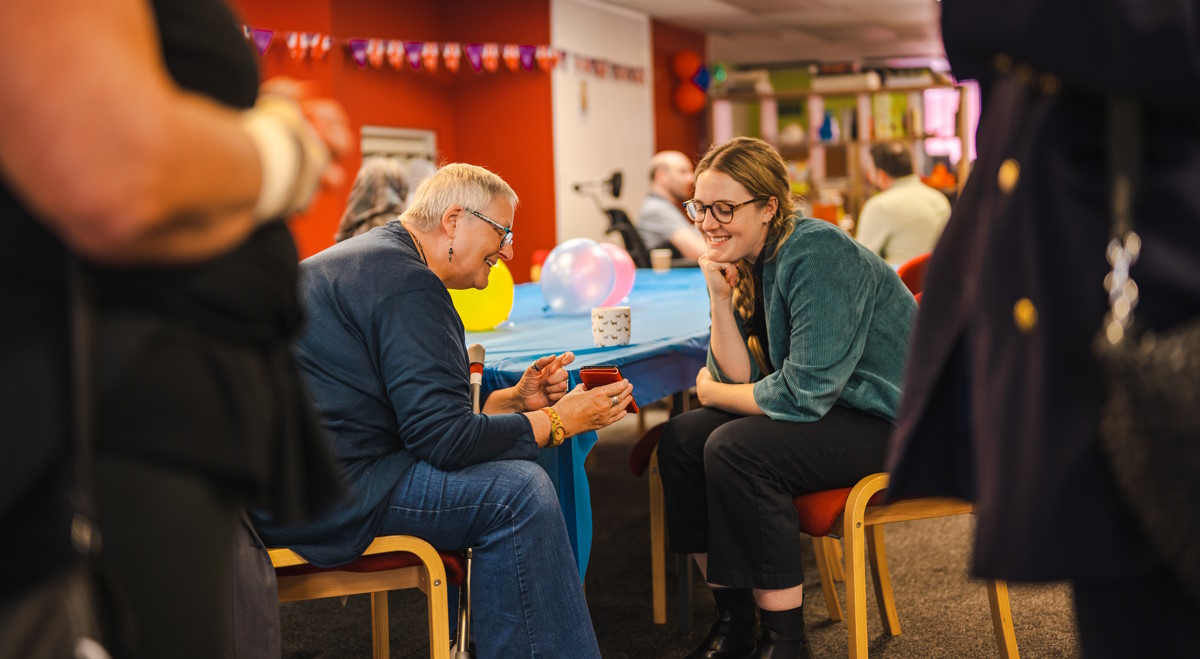
Alex | 2 October 2023
This resource is for: Anyone running user research for their organisation, who is wondering if they could do it in a group format. It’s best if you’re familiar with the general principles of user research. If you aren’t, start with this Catalyst article. It covers: Why user research training often teaches people to avoid running […]
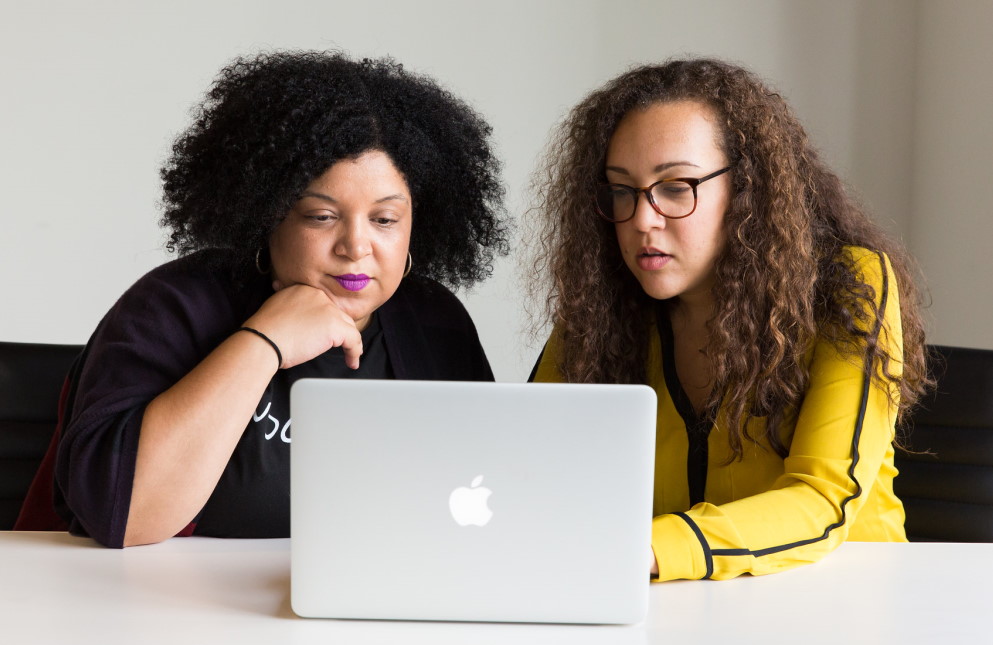
Alex | 2 October 2023
This resource is for: digital, website or communication leads who need to plan, edit and publish, static advice content for the charity they support subject specialists or frontline support workers who want their charity to provide more information or advice online. It covers: What we mean by static advice content How to decide whether it’s a […]

Alex | 7 September 2023
This resource is for people: working on digital projects with freelancers or agencies thinking about improving how digital projects work at their organisation It covers: Perspectives from 4 different developers Resources about best practices on digital projects. Understanding an organisation properly – Chris Wilson – Effini Effini is a data science organisation that focuses on […]

Alex | 7 September 2023
This resource is for: People working in small charities developing collections of information, support, guidance or blogs People new to user research who want new ideas to support content design It covers: An overview of standard card sorting 3 ways to use card sorting to help you design your content Resources to help you learn […]
Alex | 26 July 2023
This resource is for: People working in small charities who are in charge of collections of information, support or guidance. People involved in creating new how to guides or other similar content It covers: Why you should test your content When you should use this kind of testing Who you should test with Methods to […]

Alex | 25 July 2023
This resource is for: People working in small charities supporting people who have experienced or are experiencing trauma. People involved in the user research, service design and testing of digital services (If you want to know what we mean by digital services read what we mean by digital). It covers: What we mean by trauma […]
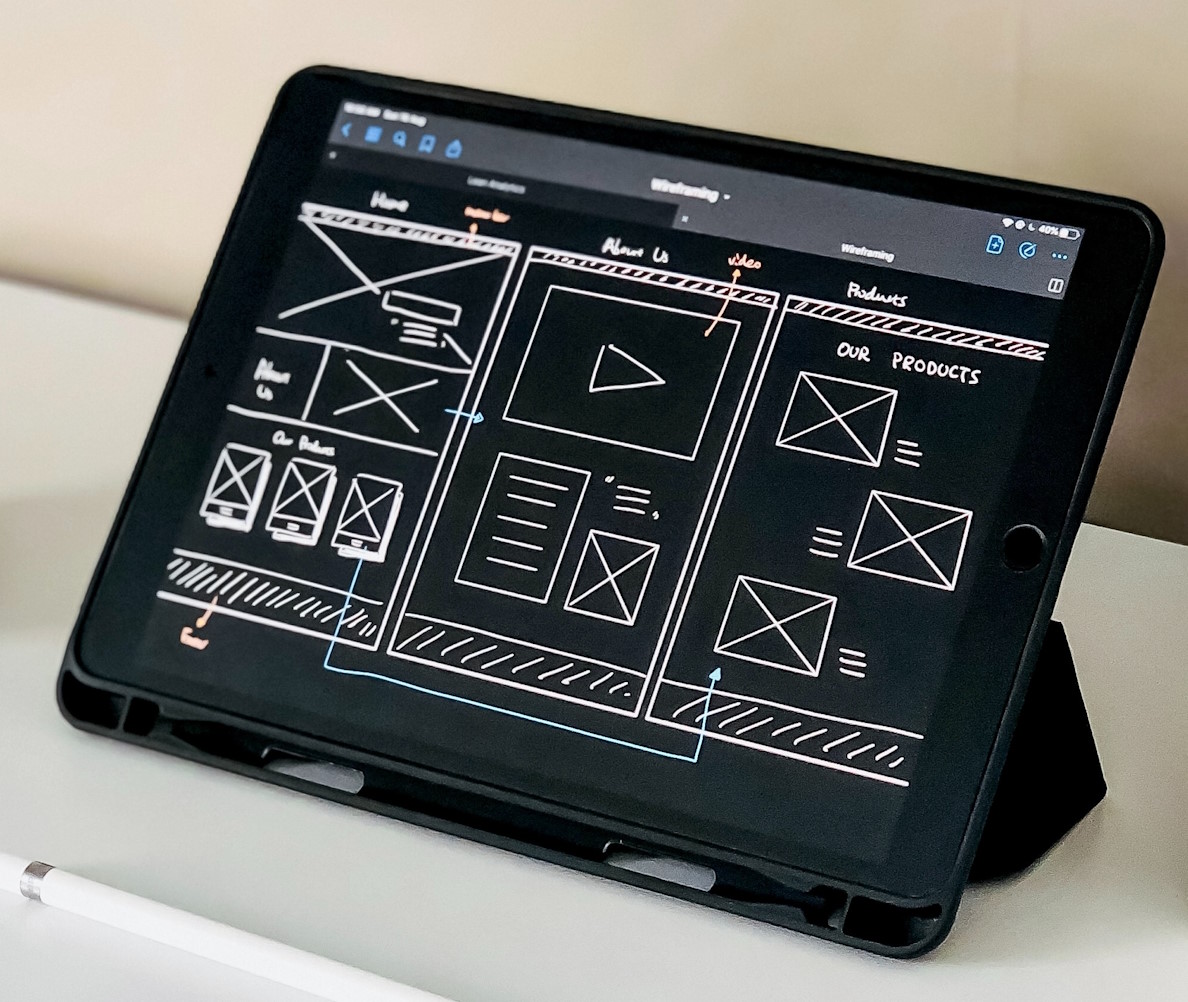
Alex | 27 June 2023
This resource is for anyone responsible for a website or other digital media at your non-profit. It covers how to identify barriers that prevent, limit or block people from achieving their goals on your website. This isn’t a technical guide. Once you know what to look for you can identify the most common barriers visually […]
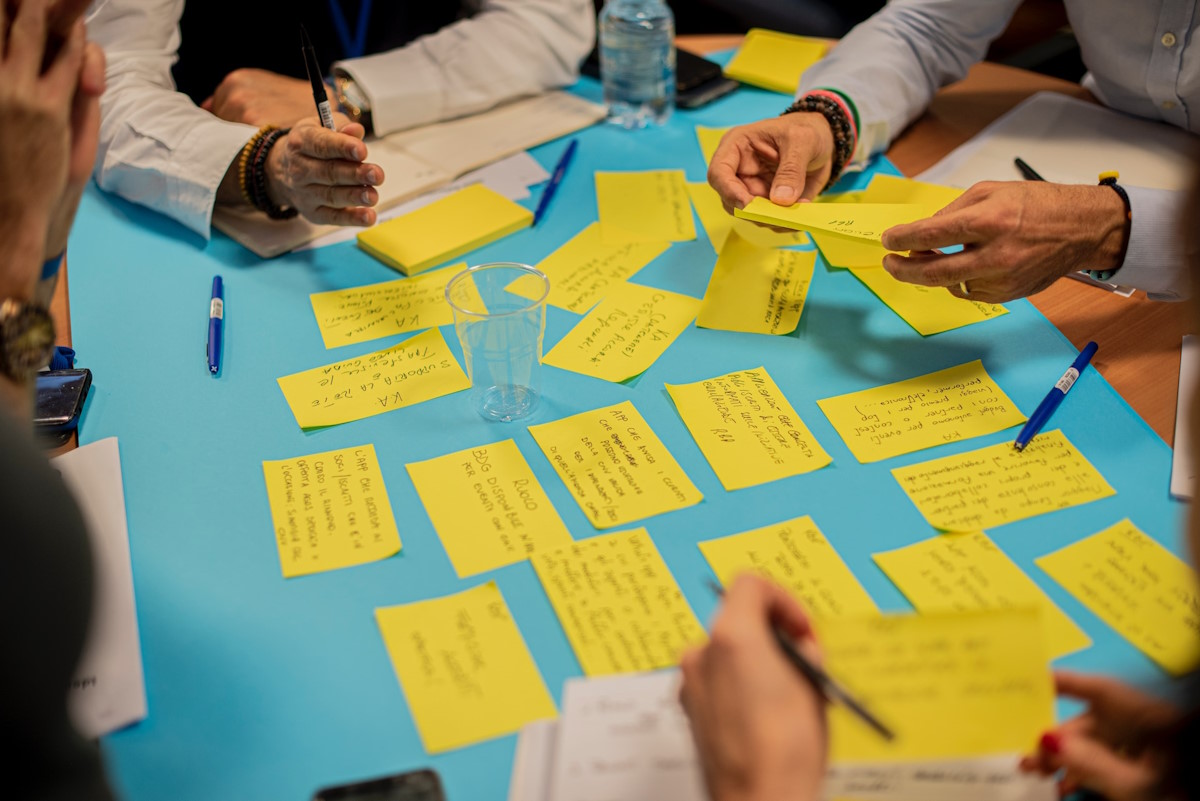
Alex | 27 June 2023
This resource is for design leads and service managers who already understand the problems their users are facing and want to come up with ideas to help solve them. It covers: What you need to think about before, during and after ideation Different ideation techniques How to decide which of your ideas you want to […]

Alex | 26 June 2023
To be effective in what we do, we must reach the people who need us. To achieve that reach we must be accessible and inclusive. Ensuring that no one is excluded from what we offer. It sounds straightforward but what does it mean in a digital world? What exactly is ‘accessibility’ and how does it […]
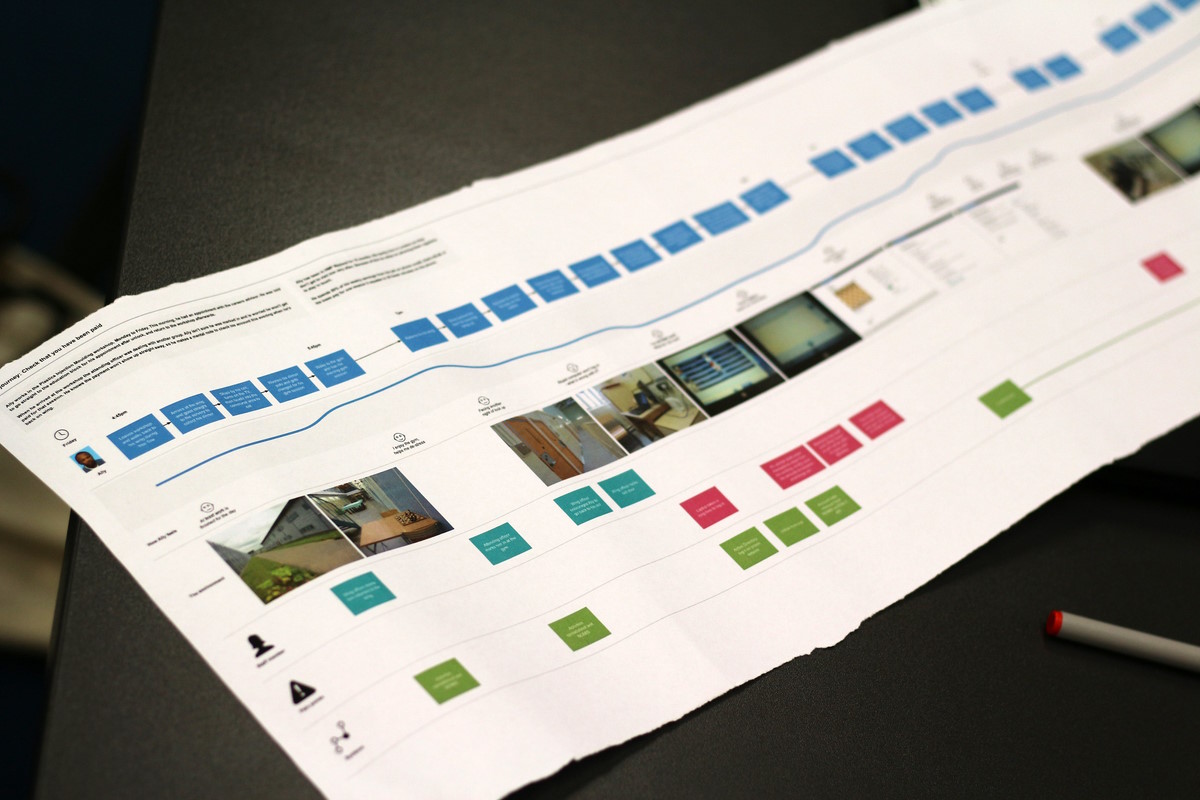
Alex | 20 June 2023
Journey mapping is a method for documenting the step-by-step journey of using a service. It’s a great way to understand in detail the experiences of your service users. You can use journey mapping to capture and describe 2 types of experiences: Current (or ‘as-is’) journey mapping creates a step-by-step map of how somebody uses a service […]
